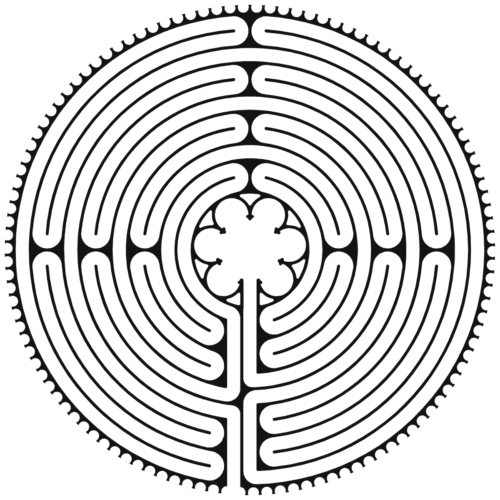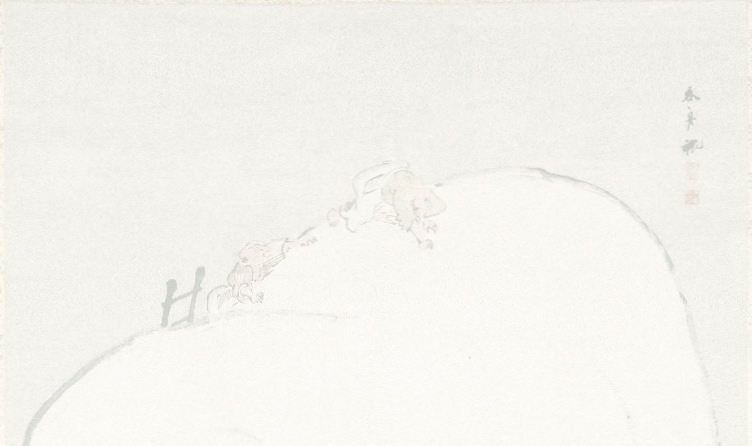All bios current as of 2019.
Matthew Bunn
Matthew Bunn is a Professor of Practice at the Harvard Kennedy School. His research interests include nuclear theft and terrorism; nuclear proliferation and measures to control it; the future of nuclear energy and its fuel cycle; and innovation in energy technologies. Before coming to Harvard, Bunn served as an adviser to the White House Office of Science and Technology Policy, as a study director at the National Academy of Sciences, and as editor of Arms Control Today. He is the author or co-author of more than 25 books or major technical reports (most recently Preventing Black-Market Trade in Nuclear Technology), and over 150 articles in publications ranging from Science to The Washington Post.
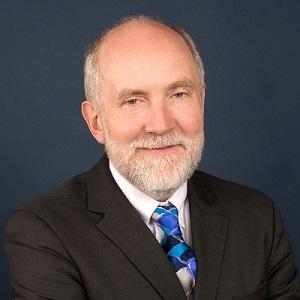
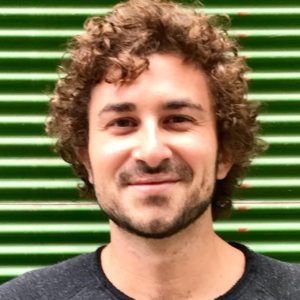
Vito Margiotta
Vito Margiotta is an AI entrepreneur and investor, a Googler, SingularityU alumni, and the founder of the non profit ML4Good. His work focuses exclusively on the development and commercialization of AI solutions that leverage on the Combined Human+Machine interaction and intelligence. He is passionate about the social impact of exponential technologies on society, and was recently named to the Forbes 30under30 European Tech list.
Gina McCarthy
Gina McCarthy’s 35-year career in public service has been dedicated to environmental protection and public health. As Administrator of the U.S. Environmental Protection Agency under President Barack Obama, she was the nation’s leading advocate for common-sense strategies to protect public health and the environment, including efforts to address climate change and ensure the protection of the country’s water resources. Her leadership led to significant federal, state, and local actions on critical issues related to the environment, economic growth, energy, and transportation. Since leaving Washington, McCarthy has been a fellow at Harvard’s Kennedy School of Government’s Institute of Politics and the Menschel Senior Leadership Fellow at Harvard’s T.H. Chan School of Public Health. McCarthy now serves as Professor of the Practice of Public Health in the Department of Environmental Health at Harvard’s T.H. Chan School of Public Health and Director of Harvard Chan’s Center for Health and the Global Environment.

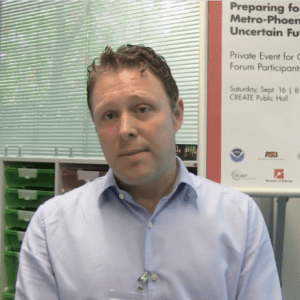
David Sittenfeld
David Sittenfeld is manager of the Forum program at the Museum of Science, which engages citizens, policymakers, and scientists in deliberative conversations around emerging scientific and technological issues. In addition to overseeing the Museum’s Forum program, David regularly gives talks on topics in current science and technology at the Museum, delivers demonstrations in the exhibit halls, and manages special programs and exhibit projects. He is a member of the executive committee for Expert and Citizen Assessment of Science and Technology, has served on the program committee for the Nanoscale Informal Science Education Network for five years, and received the NESACS Salute to Excellence Award in 2011.
Ashley Smart
Ashley Smart is Associate Director of the Knight Science Journalism Program at MIT and a senior editor at Undark magazine. He previously spent eight years as an editor and reporter at Physics Today magazine. Ashley was a 2015-16 Knight Science Journalism fellow and is a member of the advisory board of the Council for the Advancement of Science Writing.
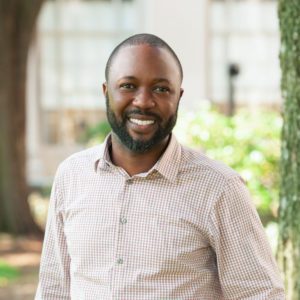

Alice Tomassini
Alice Tomassini is a Documentary Film Director. She was recently appointed to the Forbes 30under30 European Media list for her work on technology storytelling. Alice had many roles behind the camera, first on a feature length documentary on the birth of internet in Italy, and most recently on the production side of a secular documentary about the relationship between the church and social media, as well as a series of short documentaries on the social impact on technology. Alice’s current work explores how AI generated A/V content is threatening our beliefs in truth and in news sources.
I learned that knowledge infrastructures can both foreclose and open space [up] for democratic deliberation. In moments of rupture, when one way of knowing is challenged as insufficient by a particular public, issues of distrust or skepticism can be negotiated, insofar [we can be] reflexive about the kinds of expertise they take into account.
Beza, 2019 Participant

